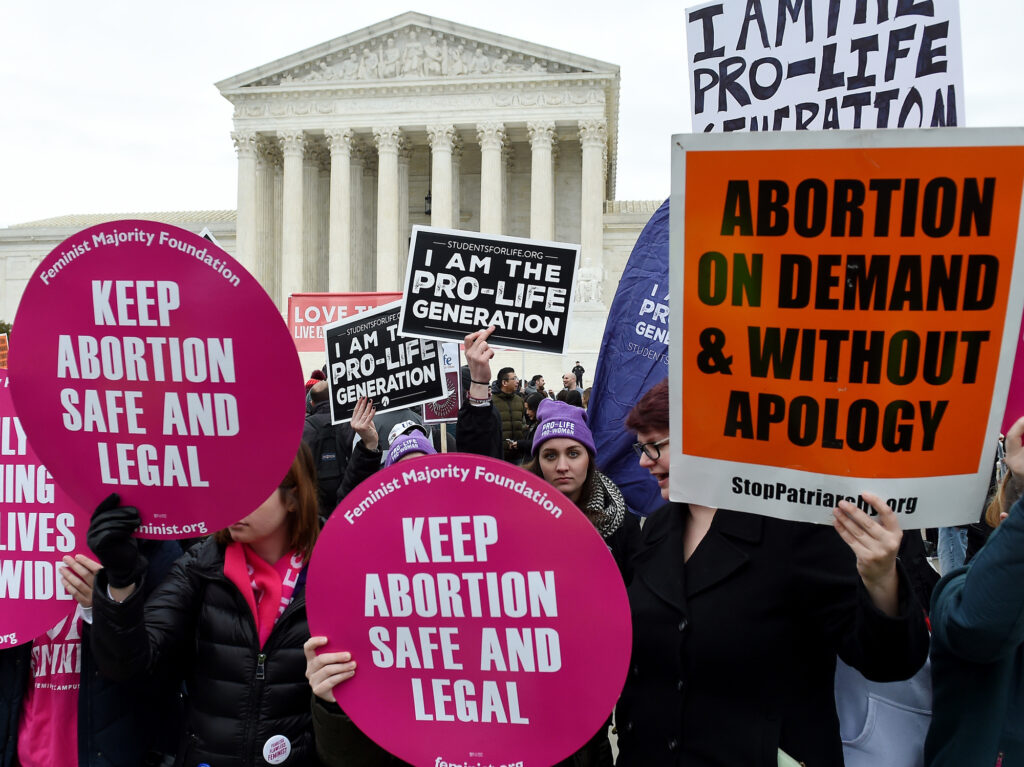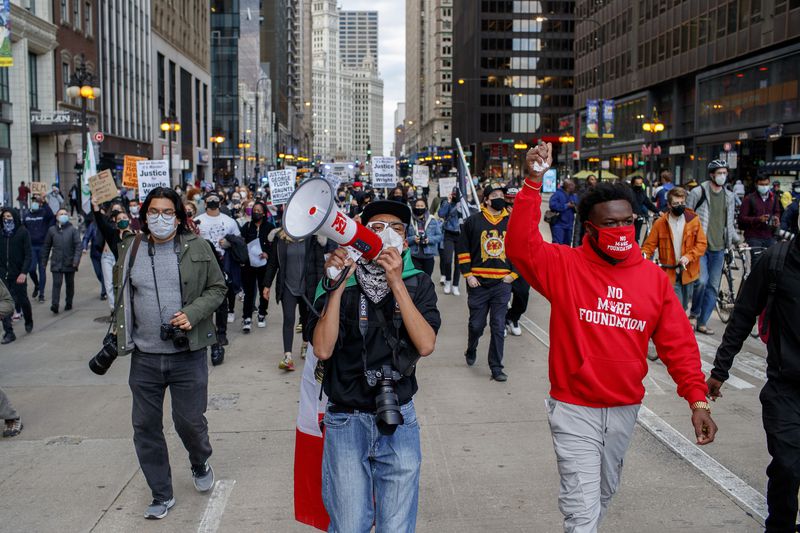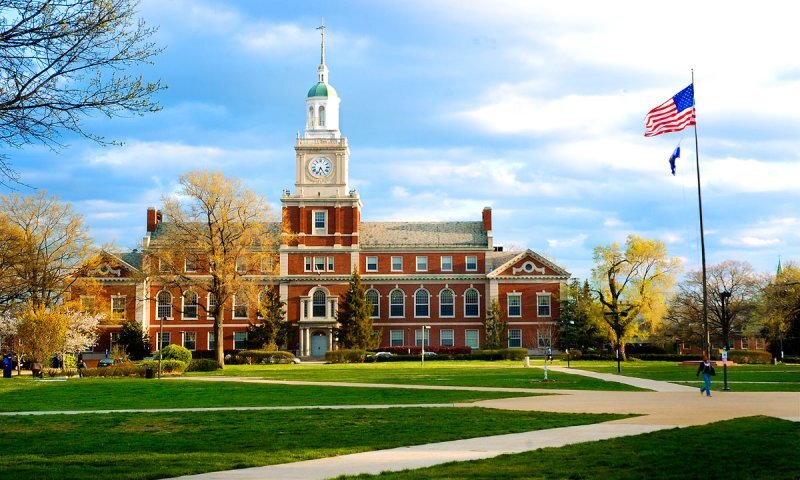As Amy Coney Barrett’s nomination hearing to fill Ruth Bater Ginsburh’s spot in the Supreme Court Justice unfolds, one of the biggest questions to arise is what her confirmation would mean for Roe V. Wade. The landmark 1973 Supreme Court ruling was instrumental in upholding abortion rights and overturning it has been a conservative effort for decades. Now, multiple Democratic senators are using the hearing to figure out if Amy Coney Barret believes the case should be opposed, but in doing so are using language that excludes countless people who aren’t women and whose rights are also upheld by Roe V. Wade.
On the first day of Barrett’s hearing, Sen. Dianne Feinstein (Top Democrat on the Senate Judiciary committee) unsuccessfully pressured Barrett to give her opinion on Roe V. Wade. While much attention has been given to Barrett’s refusal to give her opinion on the case, Feinstein’s poor choice of words was overlooked.
Feinstein began her questioning by describing abortion access as “a major cause with major effect on over half of the population of this country–who are women after all,” as well as an issue that “affects a lot people, millions and millions of women” (emphasis added). During her own set of questions, Senator Kamala Harris referred to abortion access as “a women’s right to choose.”
Based on past remarks by Barrett regarding abortion rights and her most recent referal of Roe v. Wade as a non-super-precedent (essentially, a precedent that the Supreme Court could overrule), abortion access seems to be at risk. However, this panic should not overshadow the fact that access to abortions is an issue that affects people of all genders.
While having discussions around reproductive rights, a party that positions itself as being inclusive of everyone must remember that intersex, trans and non-binary folks exist. An individuals’ reproductive rights is informed by one’s biological sex and reproductive organs, which is different than someone’s gender identity (women, men, non-binary, etc.).
Thousands of folks who do not identify as women fall into the category of people who are protected under Roe v. Wade.
As November 3rd rapidly approaches, the exclusion of people who aren’t women within conversations of abortion access seems to have been swept under the rug as politicians and voters focus solely on the political party they oppose. LGTBQ+ issues and reproductive rights are two of the biggest platforms the Democratic Party is running on (Kamala Harris includes her pronouns on her Twitter bio). The rhetoric of a party that loudly claims to champion both should reflect the intersectionality of the Americans they hope to represent.





